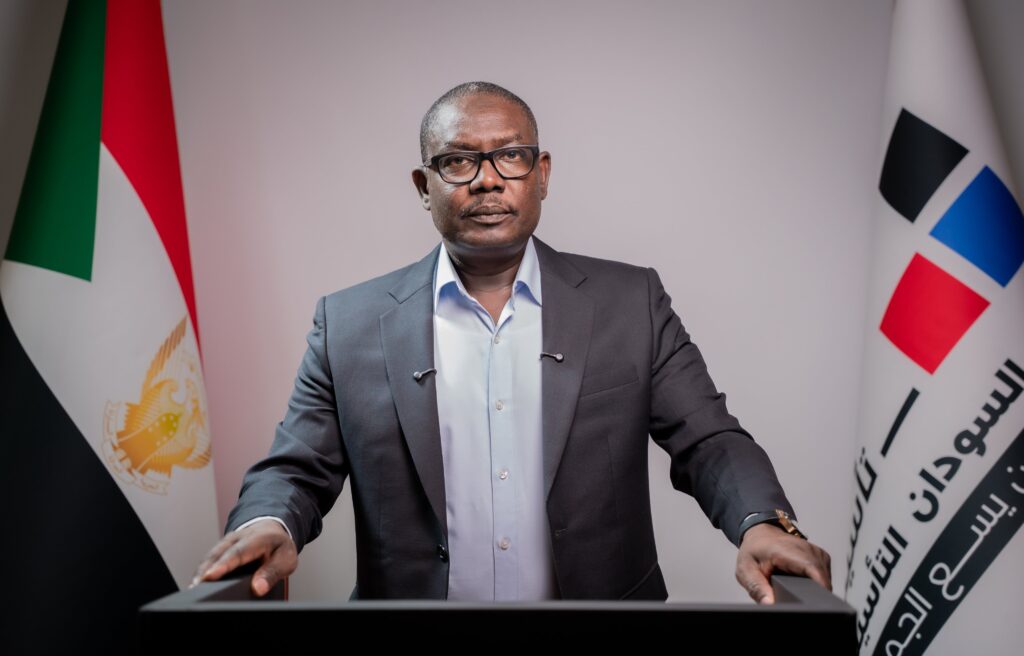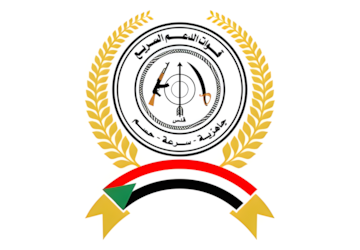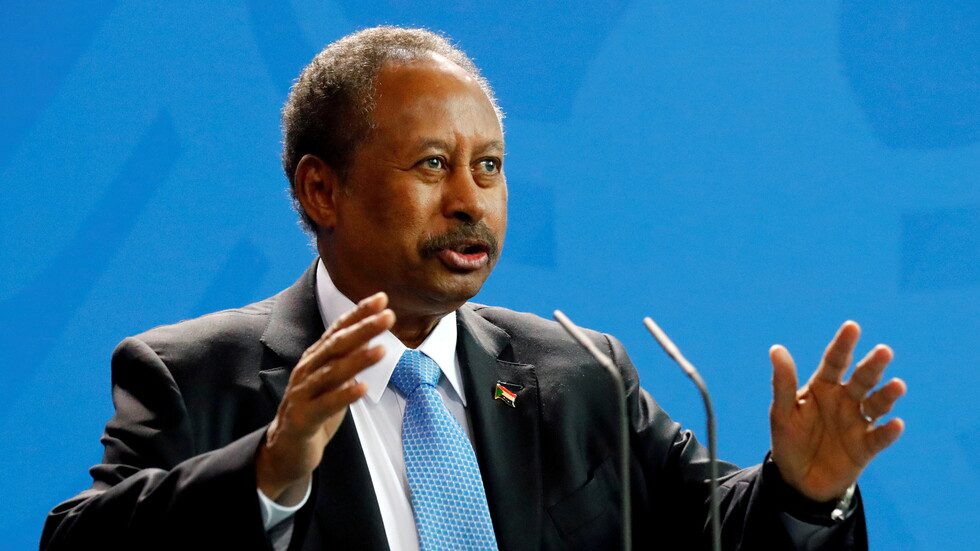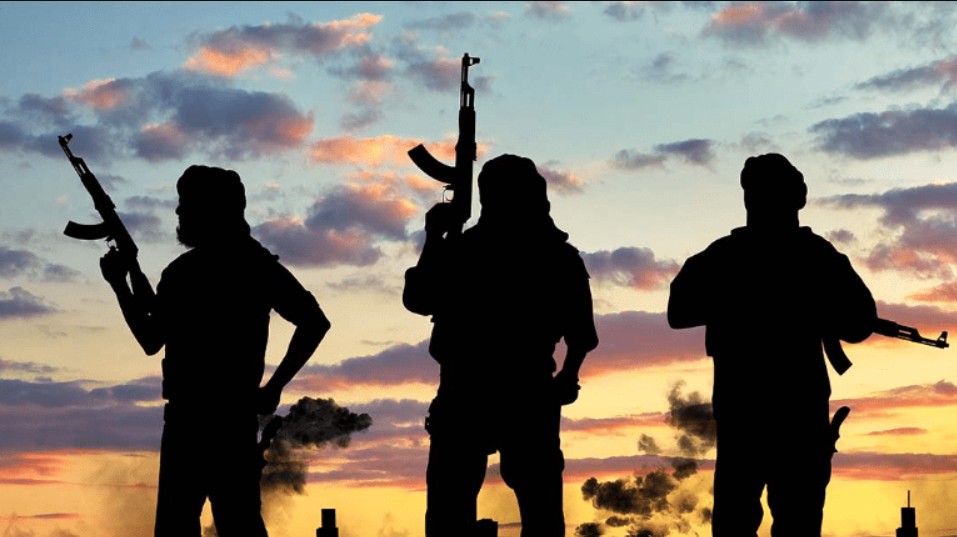
Sudan’s Founding Government (TASIS) hailed what it called “resounding victories” in El-Fasher and Bara, congratulating supporters and honoring “martyrs,” while accusing General al-Burhan’s army (SAF) of the Islamist Movement of prolonging war and rejecting peace efforts.
TASIS said the defeats of the “terrorist Islamic Movement’s Army” and allied mercenary groups leave “the entirety of Darfur” under its control. At this “historic juncture,” it reaffirmed commitments to Sudan’s unity, a just comprehensive peace, a secular democratic system, decentralized governance, and building a new professional national army.
Addressing allegations of abuses in El-Fasher, TASIS said any violations were the acts of individuals and “do not reflect government policy.” It pledged full accountability through the Interior, Defense, and Justice ministries, promising procedures to uphold human rights, protect civilians and property, and enforce international humanitarian law. Commanders were instructed to ensure “absolute protection of civilians,” with any transgressions punished.
To stabilize security, TASIS said most states are calm but El-Fasher requires “exceptional efforts” to restore law and state authority. Federal police have been deployed in several states, though the government said more resources are needed to translate civilian-protection plans into “tangible reality.”
An emergency plan for El-Fasher will prioritize:
• demining operations
• ending all military presence inside the city
• deploying civilian police
• restoring government services and civil institutions
On humanitarian access, TASIS highlighted its new National Authority for Humanitarian Access and appealed to aid agencies to deliver food, medicine, shelter, and clean water, and to energy actors to help restore electricity. It said it stands ready to facilitate “new, safe corridors,” and welcomed the World Food Programme’s regional director.
To reinforce civilian protection, TASIS announced a specialized unit under a senior commander that will operate alongside its forces with a dedicated mandate to protect civilians.
The statement called on Sudanese—especially in Darfur—to launch voluntary initiatives to rebuild and revive El-Fasher, framing community efforts as a testament to national unity.
Blaming the SAF leadership of the Islamist Movement for “thwarting the people’s hopes” and rejecting mediation, TASIS said cities have “paid a heavy price,” but vowed to defend the population and “liberate the homeland from terrorism.”
TASIS called for an immediate, unconditional cessation of hostilities in line with the Quad proposal, urgent humanitarian corridors, and a fair, depoliticized investigation into all violations. It urged regional and international partners to back a peaceful settlement and prioritize relief for Darfur, El-Fasher, and other affected areas.
Concluding, TASIS reiterated its commitment to a national project aimed at ending “injustice and tyranny” and achieving a state of justice, equality, freedom, and democracy—asserting that both the government and its forces will press ahead “with strength and determination.”




